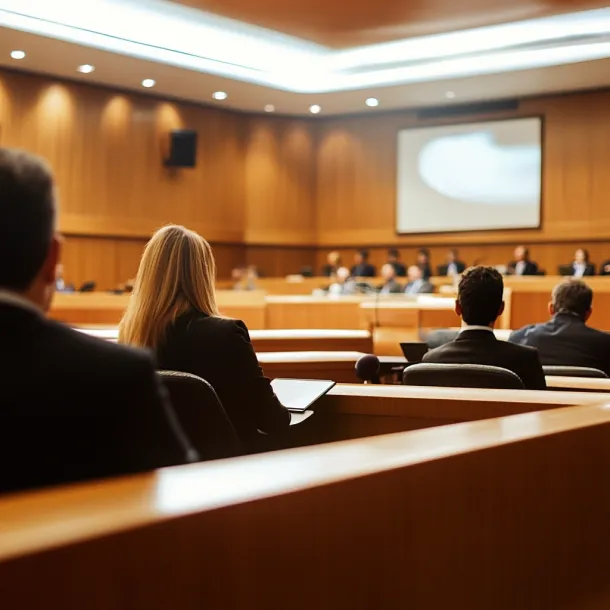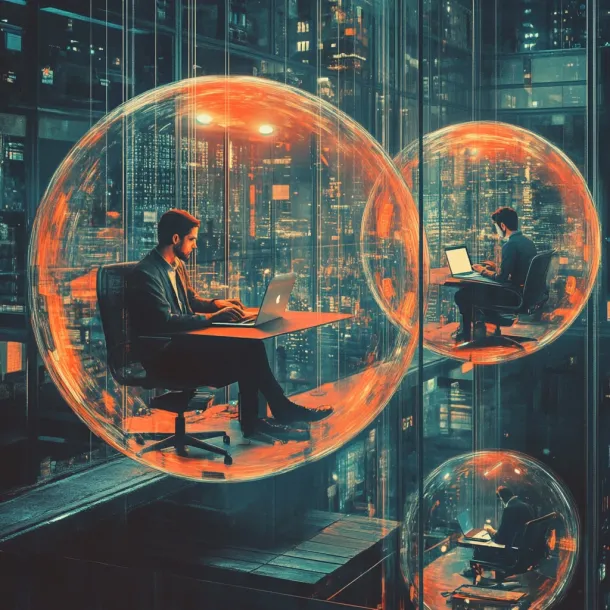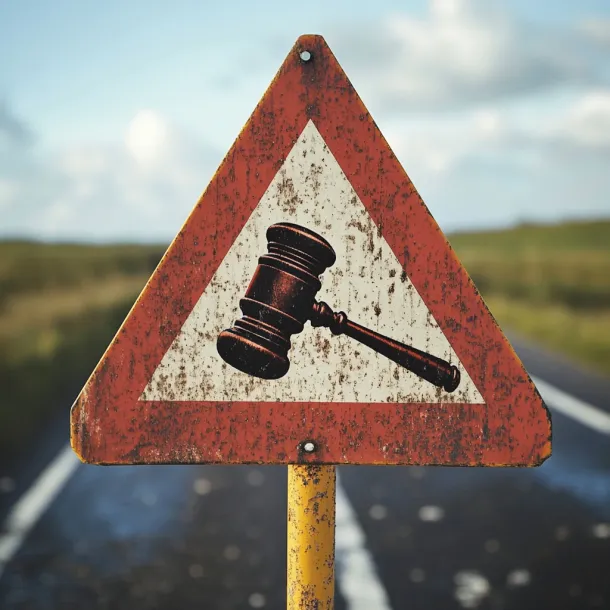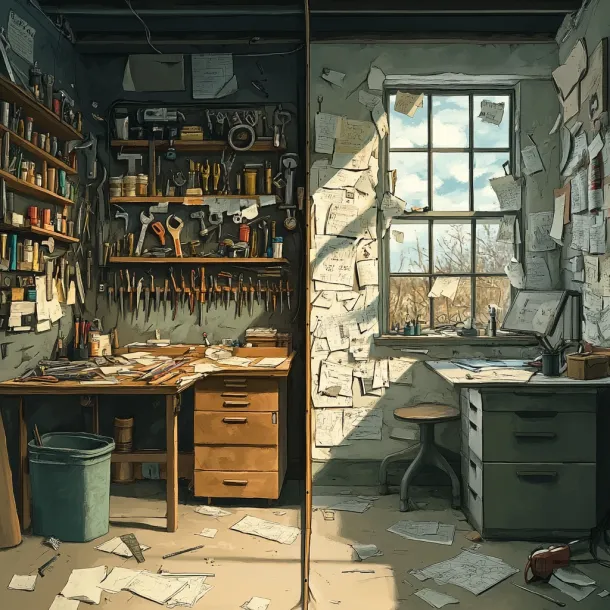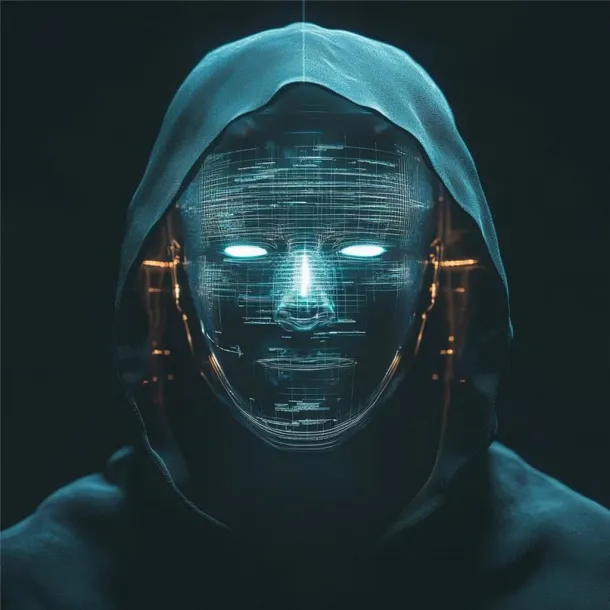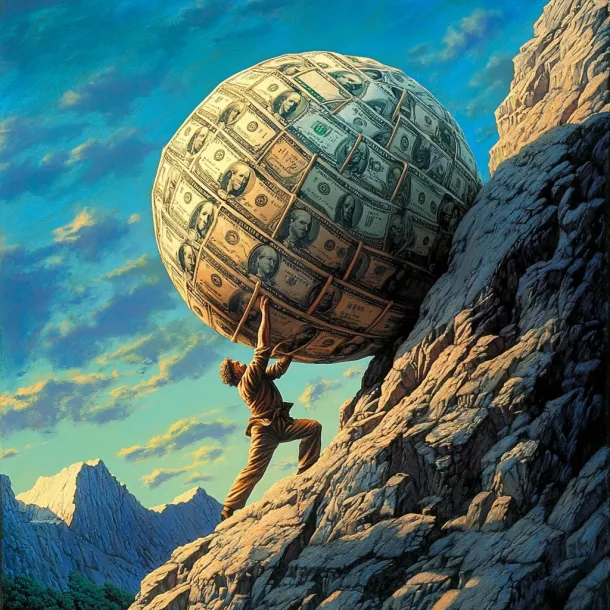AI: A New Medium Requires New Law
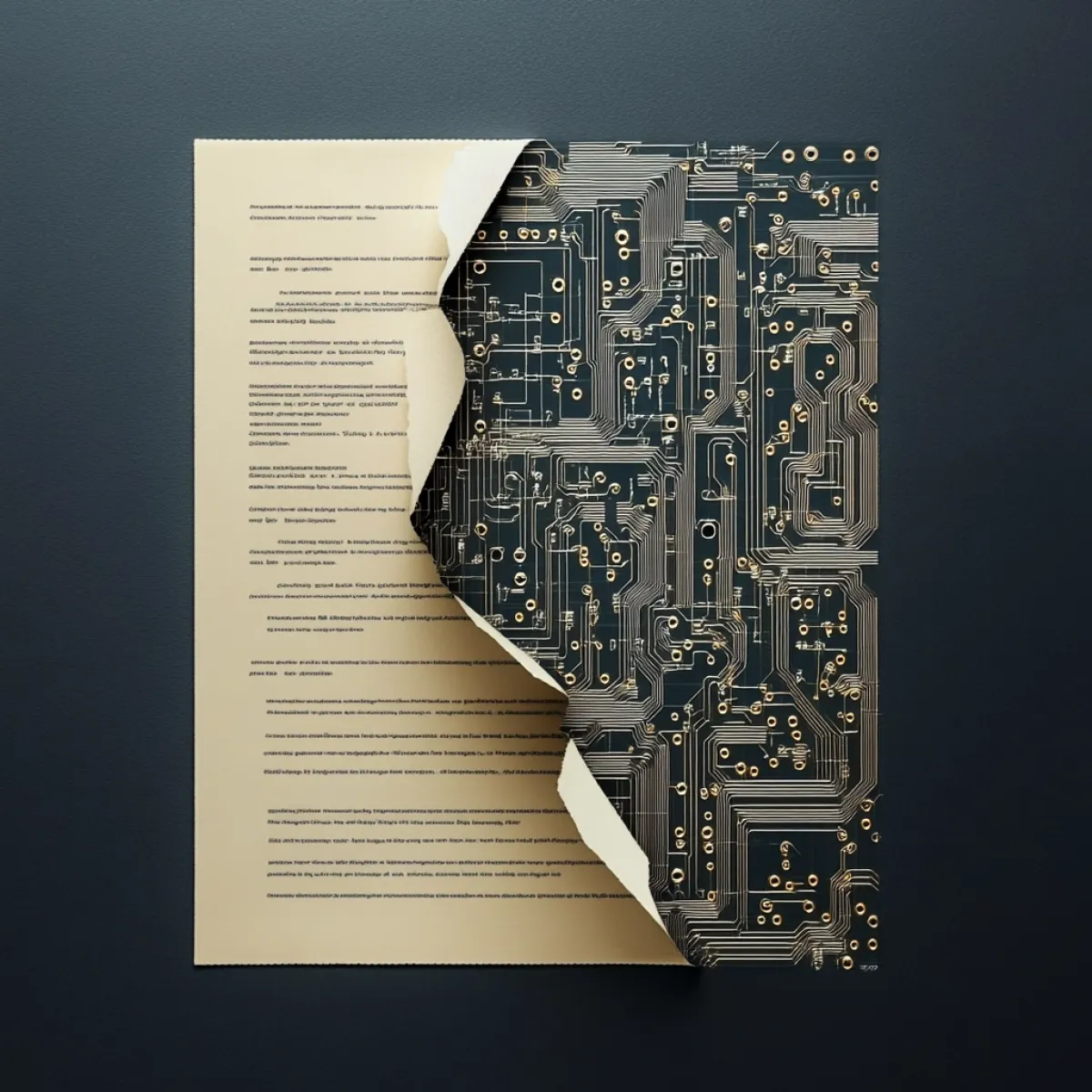
The field of Artificial Intelligence (AI) has progressed rapidly in just the last five years. What once seemed little more than a novelty, with uncanny videos, abstract images and nonsensical paragraphs, has now transformed significantly. As both understanding of and interest in the AI sphere have increased, the rate of improvement has also accelerated dramatically. Whereas you would once have to wait upwards of 20 minutes to see an image vaguely representing your prompt, now, in under a minute, an AI can create an impressively high-fidelity interpretation of your prompt, be it realistic or stylized.
AI has now progressed to a point where it can provide genuine value in a wide range of fields. While AI can be hugely beneficial in improving efficiency, such as by analyzing large sets of data, one facet of it is problematic, especially in the legal sense. The ability of generative AI to produce high-quality text, images, and videos according to a prompt calls into question the nature of creativity, and what portion of it, if any, is considered Intellectual Property (IP).
An important question about the products of generative AI is, who is the author? The initial thought would be that the AI created it and is thus the author. However, many copyright and patent offices across the world only recognize humans as authors. If not the AI, then maybe the author is the human user, similar to how someone might use a brush, art software, or a camera. Unfortunately, this line of reasoning did not hold in the case of “Zarya of the Dawn”, a comic book exclusively containing art pieces produced by AI, where copyright was granted for everything except the illustrations. Unlike other tools, the user doesn’t have significant control over the output of the AI other than what they request it to generate, and in this way, generative AI is arguably more like requesting an art piece from a commissioned artist than it is creating anything yourself. As a result, the question of authorship remains inconclusive.
There is one critical and controversial issue with AI, especially regarding image generation. AI works using machine learning, a process where existing data is used to train the AI. The AI learns patterns from the data to produce new and distinct outputs. What complicates this topic is whether collecting data from across the internet to use as training data constitutes theft, both from a moral and legal standpoint. One perspective is that similar to how a human artist might take inspiration from multiple images and artists to influence their work, the AI does this on a much larger scale to create varied subjects and styles. If a human can take inspiration from other artists, then an AI should be able to as well. On the other hand, techniques like photobashing and tracing, where a human artist directly uses parts of existing images, are already controversial and considered to violate the copyright of the images they use. Therefore, if what the AI is doing with the training data is more similar to these styles that copy existing images, then there’s a serious question about the legality of AI based on how its training data is obtained.
The question of the legality of training an AI on copyrighted material is extremely important to the future of generative AI. Currently, Getty Images is engaged in ongoing legal proceedings against Stability AI for infringement of its IP rights. Getty has alleged that Stability AI used a substantial number of images, over which Getty holds copyright, to train the AI, and that as a result, any products of the AI also infringe their copyright. The decision in this case will have massive implications for AI since there are no prior judgments on the subject of copyrighted images being used as training data. Therefore, the outcome of this case will set a critical precedent in one of the most controversial topics about AI.
The advent of generative AI has been disruptive on many fronts. Generative AI represents a new medium of creation, and much like the invention of the camera, it has called into question many aspects of artistic expression and originality. Current IP laws are designed to protect human work, and so AI, as a tool that can produce without a human’s skill, will challenge the way these laws are written. Whatever legal decisions are made will have long lasting effects not just on AI, but potentially on the next groundbreaking creative tool.
Latest News
Do you want to know more,
or need a consultation?
with our firm.
